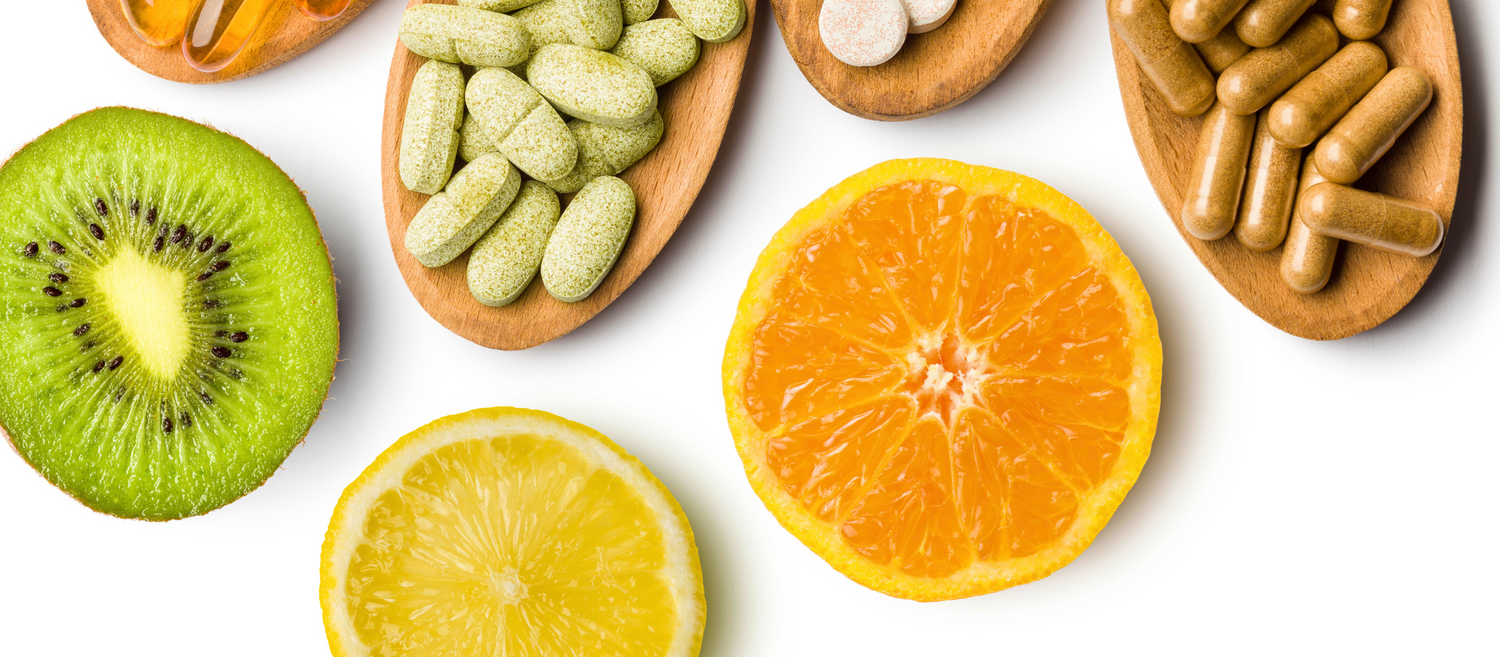The irritable bowel syndrome involves abdominal pain, meteorism, feeling bloated, borborygmi, alternating diarrhea and constipation, difficult digestion and in some cases exhaustion. The term “irritable” suggests that our everyday actions like eating, working, being under pressure, can affect our intestinal functions.
Indeed, as our bowels actually exchange substances with our brains, stressful situations (hormonal alterations, restrictive diets, social and psychological factors) can cause gastrointestinal disorders. Other triggers may be also genetic elements, childhood infections, alterations of the intestinal bacterial flora, bad eating habits.
So, what food and drinks should be reduced or avoided? All that in frequent consumption might cause stomach bloating and accumulation of gas like legumes, broccoli, cauliflower, artichokes, dairy products, dry fruits, coffee and tea. Even fruit after meals should be eaten in small quantities in order to limit the fermentation process, as well as fibers from pasta and whole grain bread which, despite being a remedy for constipation, may cause abdominal pain.
On the other hand, those who suffer from IBS may improve their intestinal functions by cutting down on cereals containing gluten, as these increase intestinal fermentation processes and accumulation of gas and carbon dioxide; thus, reducing the consumption of wheat, emmer and barley to the detriment of cereals like rice, quinoa, corn and millet, may be beneficial.
Actually, no food or drinks are absolutely good or bad for our health; nutrition has to be strictly personalized. Yet, in acute stages of disease, it may be helpful to go on a diet that gradually exclude potentially harmful products; then, after evaluating the symptoms, they can be slowly reintegrated in small quantities.
Let’s learn to listen for the signals our body sends us.
Dr. Benedetta Matarese





